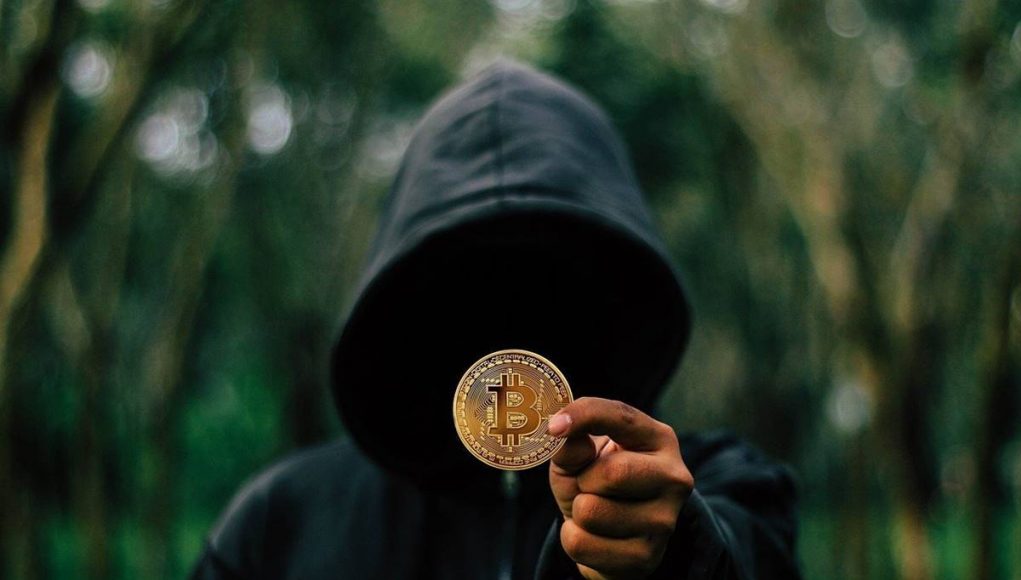
Notwithstanding regulatory uncertainties, the crypto craze is increasing rapidly in the country. As crypto-assets continue to gain the attention of investors all around the world, they have also become a target for scammers who are looking to make some easy profits by exploiting individuals who would do anything to get rich quickly.
Research by cyber exposure company Tenable has found that scammers are leveraging compromised YouTube accounts to promote fake cryptocurrency giveaways for Bitcoin, Ethereum, Dogecoin, Cardano, Ripple, Shiba Inu and other cryptocurrencies. Tenable has calculated that, across a subset of YouTube Live scams encountered in October 2021 alone, scammers stole at least
“The Bitcoin scams I monitored received $8.2 million in stolen funds, for an average amount of $1.6 million per scam. Ethereum scams received $413k in stolen funds, receiving on average $82,778 per scam. Finally, Shiba Inu scams earned $239k in funds, receiving on average $34,192 per scam,” Satnam Narang, Staff Research Engineer at Tenable, said.
Scammers hijacking legitimate YouTube accounts to promote fake cryptocurrency giveaways are not new. However, individuals are still being duped by scammers.
Contents
Types of crypto scams and how to spot & avoid
One should watch out for crypto products offering enviable returns.
“Fraudsters promise exceedingly high returns which are not backed by fundamentals. This is a big red-flag and more often goes unnoticed by many who move into crypto to make a quick buck. Phishing emails are employed extensively to lure gullible investors into providing credentials,” Blockchain and Emerging Tech Evangelist Sharat Chandra told FE Online.
According to Shashi Jha, Head of Legal and Compliance at WazirX, scammers or fraudsters often make credible promises and sometimes integrate into the crypto space by using the anonymity of the internet to their advantage.
Some of the most common scammer tactics are:
Imposter scams
In such scams, scammers frequently imitate government officials, corporations, or well-known individuals. These kinds of frauds are perpetrated using fiat cash. Scammers recognize that users place a lot of trust in influential voices. So they create fake videos featuring the founders and co-founders of cryptocurrencies as well as notable individuals associated with cryptocurrency companies or CEOs of companies who have promoted the use of and/or discussed the purchase of cryptocurrencies for their company balance sheets.
“The best way to spot an impostor account is to evaluate the returns you’re going to get. If a crypto offer sounds too good to be true, that’s the only red flag you need as it can be deceit,” said Jha.
Cloning websites
This can be considered the most common scam that can take place. However, a person can stop falling prey to such scams through the intimations that can depict whether the website is legit or not.
“If there isn’t a lock icon in the URL bar then the site isn’t safe. Another thing to watch out for is, if an individual is diverted from one site to another while making payments. The redirect link may appear to be a legitimate site; however, a close examination of the URL reveals that the phoney URL contains the number zero rather than the letter “o.” As a result, ensuring to enter the exact URL into the browser with a double-check, becomes extremely important,” said Jha.
Romance scams
These scams exploit online dating to draw people into cryptocurrency investment scams.
Jha said that to prevent being the victim of a romance scam, one should never send money, trade, or invest based on the advice of someone meeting on the internet, and never talk about the financial situations with strangers.
“Ensuring to not fall into the trap of individuals that claim to have exclusive investment possibilities is very important as the scammers try to push towards the act as quickly as possible. One can be assured about a scam if a caller, love interest, organization, or anybody else demands to send crypto into their wallets. Also, one should always avoid giving out sensitive or personal information to strangers over the internet,” said Jha.
It is also important to be aware and cautious before investing in cryptos. If something doesn’t feel right or add up, trusting instincts can also help.
How to check whether a crypto project is genuine or not?
One of the most simple ways to gauge the genuineness of any crypto project is to take a look at the core team behind the project. This is something that will be available on the official website of that project.
“Most genuine projects would list details of their core team members and their LinkedIn profiles. Although trivial, this simple step can indeed safeguard one from jumping onto a shady project, especially with the FOMO that is usually built around such random projects,” said Edul Patel, CEO and Co-founder of Mudrex, a global algorithm-based crypto investment platform.
Patel further said that the next checklist could be spending some time on the official website of the project. If the website only talks about buying their crypto token and how it will gain 100x over the next few days, that is a definite red flag.
Another key checklist would be to go through the social media channels of the project. All crypto projects are active on some social media platforms. If the Twitter profile looks dead or contains a few posts over the past few months, that should be another red flag, he added
What to do if you have already been a victim of a crypto scam?
At present, there are certain organizations where one can report if already been scammed. Patel said that the first of these would be to get in touch with the exchange or platform where the scam happened. The US Securities and Exchange Commission would be another organization where investors can report scams.
In India, there is no official platform to complain against crypto scams. However, you may report to crypto exchanges on which you are dealing or investing in cryptocurrencies.
How to increase the chances of not losing money while investing in crypto?
“One of the most important steps to prevent getting scammed is to do some due diligence before investing. Although it could be a bit of a task for some, this goes a long way in preventing getting scammed in the crypto ecosystem,” said Patel.
Data about all crypto projects are available on websites such as Coinmarketcap, Coingecko, and Messari free of cost. Investors should try to avoid projects with very low market capitalization.
One should not fall prey to look-alike websites and do not share their login password details over the phone. Two-factor authentication enabled by Google Authenticator or password managers is a safe option to avoid password thefts.
Hardware wallets are safer than hot wallets. If you understand the basics of public and private key management, switch to hardware wallets for better security of your digital assets, Chandra suggested.
Patel said that a good starting point should be investing in coins with a market cap greater than $100 million, in addition to all basic sanity checks.



















































